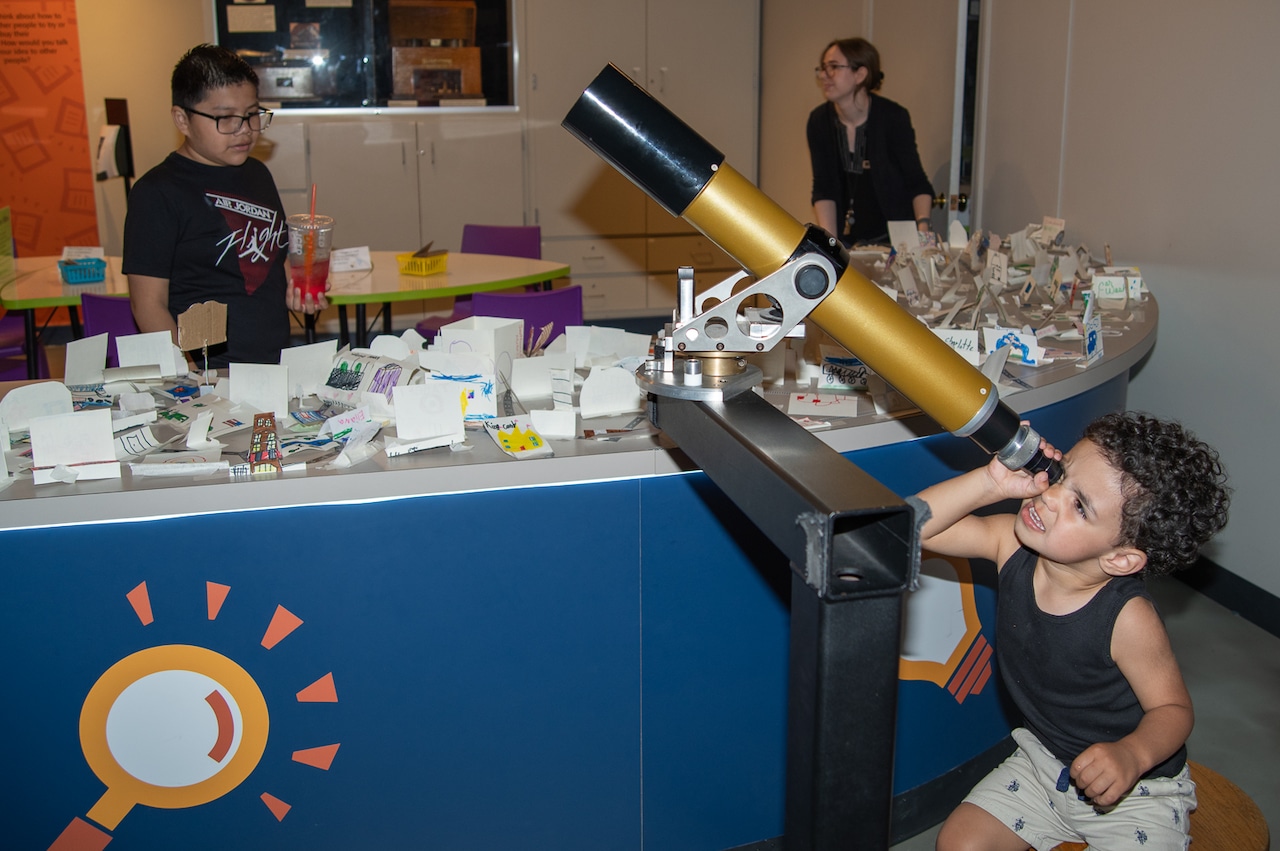Novel betulin derivatives inhibit IFN-γ and modulates COX-2 expression.
Autor: Gonçalves, Sayonara Maria Calado; Silva, Glória Najara; Pitta, Ivan da Rocha; Rêgo, Moacyr Jesus Barreto de Melo; Gnoato, Simone Cristina Baggio; Pitta, Maira Galdino da Rocha
Publication year: 2020
Natural product research
issn:1478-6427 1478-6419
doi: 10.1080/14786419.2018.1528581
Abstract:
Betulin (BE) is a pentacyclic triterpenes, obtained from natural sources and with several biological activities described, such as anti-tumoral and anti-inflammatory activities. The BE esterification at hydroxyl group (C-3 and C-28) resulted in five new ester derivatives with different numbers of carbons or halogens (chlorine and fluorine). Among these BE derivatives, two (2a e 2c) were able to significantly decrease IFN-g (*p = 0.0391; **p = 0.0156) and 2c modulated the expression of COX-2 better than Dexamethasone (DEXA). Regarding to cytotoxic assay, the best results were obtained for BE without modifications, with emphasis on tumoral cell lines Raji and MCF-7. The derivatives 2a and 2c showed immunomodulation activity (for the cytokines IFN-g). The presence of chorine in BE seems to be important for the ability of modulate COX-2 expression, since the ester chloride derivative 2c at 100 μM is more powerful inhibitor of COX-2 than DEXA.
Language: eng
Rights:
Pmid: 30580627
Tags: Humans; cytokines; Cell Line, Tumor; Structure-Activity Relationship; Cytokines/metabolism; Anti-Inflammatory Agents/*pharmacology; cytotoxicity; MCF-7 Cells; Antineoplastic Agents/*pharmacology; cyclooxygenase-2; Betulin; Cyclooxygenase 2/drug effects/*metabolism; derivatives; Esters/pharmacology; Halogenation; Interferon-gamma/*antagonists & inhibitors; Peptide Fragments/*antagonists & inhibitors; Triterpenes/chemistry/*pharmacology
Link: https://pubmed.ncbi.nlm.nih.gov/30580627/






